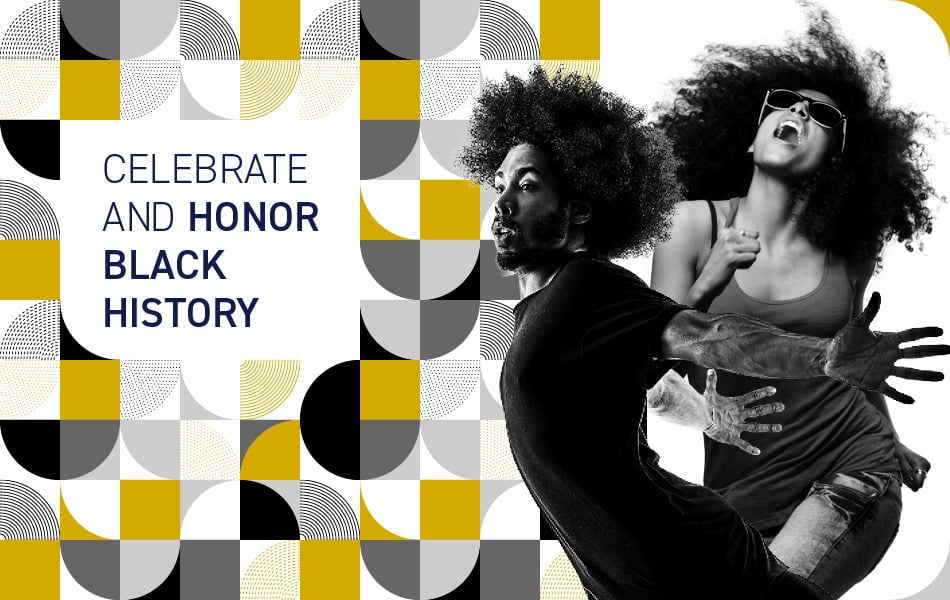Summary
• Black History Month is a monthlong focus on the Black heroes and pioneers who have shaped our world.
• More than that, it spotlights the importance of being an ally to marginalized communities — not for 28 days but for all 365 days in a year.
• Read on for thoughts regarding what this month means to our colleagues across Vericast.
February is Black History Month, a time to acknowledge and celebrate the contributions made by Black heroes throughout history. In recent years, it’s also become a time to strengthen allegiance and support with marginalized communities.
We would like for people to see Black History Month as a time to spotlight the full spectrum of being Black and living in America, similar to how we take time to celebrate other cultures. We wouldn’t stop an Irish American from celebrating St. Patrick’s Day or a Christian from celebrating Christmas. Those cultures are part of who they — and we — are, and every year we take time to celebrate part of our ancestral history.
Black History Month is that time for African Americans to acknowledge key figures from our past and present. It’s an opportunity to spotlight and celebrate the achievements that African Americans have accomplished in this country, despite the history of racism and oppression.
Most of all, it is a time to teach or remind our children of the history lessons they might not learn as part of the everyday school curriculum.
When President Gerald Ford expanded Negro History Week into a full month in 1976, he said the country needed to “seize the opportunity to honor the too-often neglected accomplishments of Black Americans in every area of endeavor throughout our history.” Nearly half a century later, this statement still holds true.
Black History Month affords us the chance to challenge what we learned in history, dig deeper, and find out the actual events of the past that were not taught in schools.
It allows us to learn about, celebrate, and honor Black leaders. Many of these leaders endured sacrifice and suffering and must be honored. While those who contributed in the name of science, innovation, and economy were silently ignored, Black History Month celebrates and puts their achievements into the proper context.
Black History Month helps us learn about Black culture. The media tends to showcase the negatives of the Black community, such as poverty, drugs, incarceration, lack of education, etc. These portrayals paint a biased and unfair stereotype in our minds. Black History Month enables us to pause and focus on a more positive narrative of the Black culture. We can look to successful Black business leaders, poets, musicians, scientists, philanthropists, and artists to mitigate the damage caused by the unfair depiction of Black Americans in the media.
When we celebrate Black History Month, we aren’t just celebrating Black history. We are celebrating American history, which belongs to all Americans. By collectively and consciously celebrating Black history, we come together and continue to rewrite the narrative of our diverse nation.



